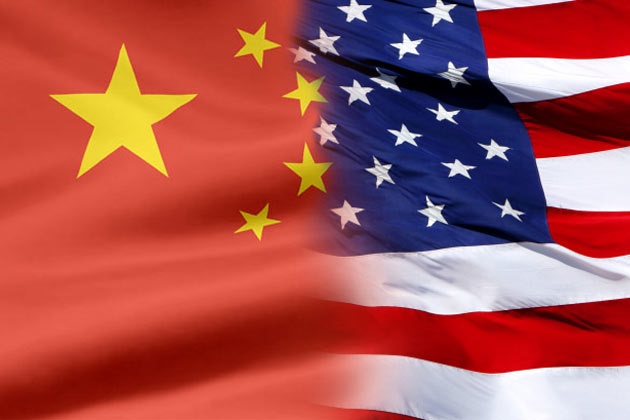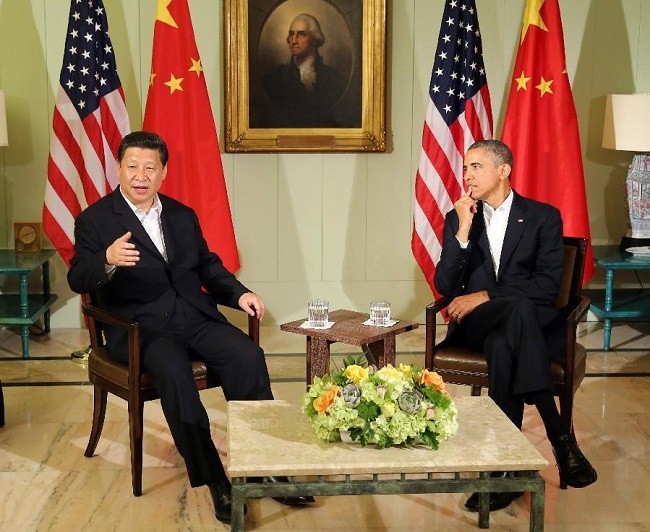Bloomberg reported Thursday, quoting ‘people familiar with the matter’, that through the past fortnight China has cut its holdings of US Treasuries by a substantial amount, possibly in tens of billions of dollars.
Given the sensitivity of the matter no one wants to speak about it or reveal the size of the disposals, but it useful to remember that China controls an estimated $1.48 trillion of US government debt. Beijing apparently communicated with the US authorities about its sales of the bonds. The surmise is that China’s central bank was replenishing the funds it drained when it bought yuan to stabilize the currency following the devaluation on August 11.
Ironically, China’s sales of the US bonds might have helped the US government’s yields from falling amidst the panic sell off in global stocks a week ago billed as ‘Black Monday’. Indeed, China is having a direct impact on the US rates and as the U.S. Federal Reserve prepares for a pivotal policy meeting on September 16-17 to decide whether the inflation outlook will be strong enough to justify higher interest rates as soon as next month, the turbulence in China’s economy becomes a crucial determinant its impact on US import prices, financial conditions and the knock-on effects globally from a Chinese slowdown. (FT).

The expert opinion is that the tough talk on China by the Republicans engaged in the White House race overlooks the realities of the Sino-American relationship. Nonetheless, ties with China form a high-profile template of the US foreign policy and on the 2016 campaign trail it becomes a good stick to beat the Barack Obama administration. Obama would understand it as a politician and is unlikely to be flustered by it, since this is a hugely consequential relationship with big stakes.
The government newspaper China Daily pointed out in an opinion piece today penned by a Chinese official the inter-dependency between the economies of China and the US (and Europe), The bottom line: “The US should accept that China is very important for the global economy, and realize that helping the Chinese economy in difficult times actually means helping the American economy… other major economies and their central banks will, sooner or later, have to coordinate their actions with China to protect themselves”. (China Daily).
To be sure, all this forms the backdrop of President X Jinping’s visit to the US. In a blatantly triumphalist tone, Wall Street Journal has pointed out that… although the upheaval is “not life-threatening to China’s system, this is bound “to temper Beijing’s current tendency towards arrogance, rigidity, belligerence and diplomatic hectoring… it may also serve to remind today’s proud Chinese leaders that they too exist in a larger context that they need their neighbors, that they need the US and that they might need to become a little more accommodating.”
It concludes: “A perfect place to begin such a course correction is just weeks away: the September summit in Washington with Presidents Obama and Xi. With all the disagreements that divide the two countries, the summit could be frigid and fraught.
But it also offers both countries a chance to work together on one of the greatest challenges of the century: forming a more effective partnership to tackle global climate change.
Source Rediff Blogs







